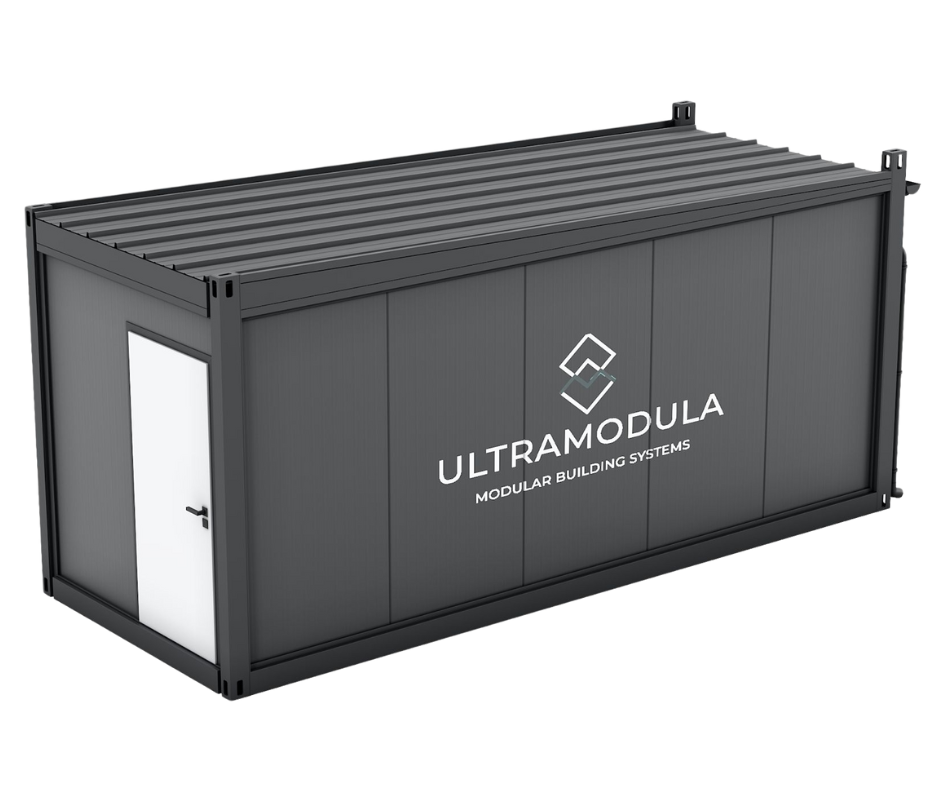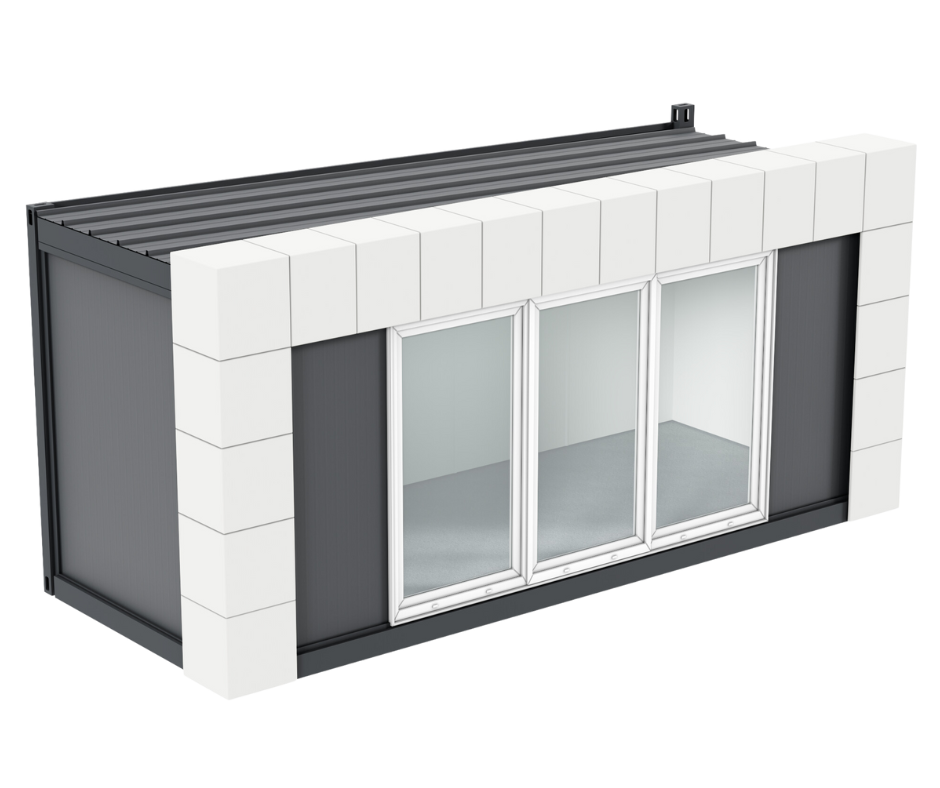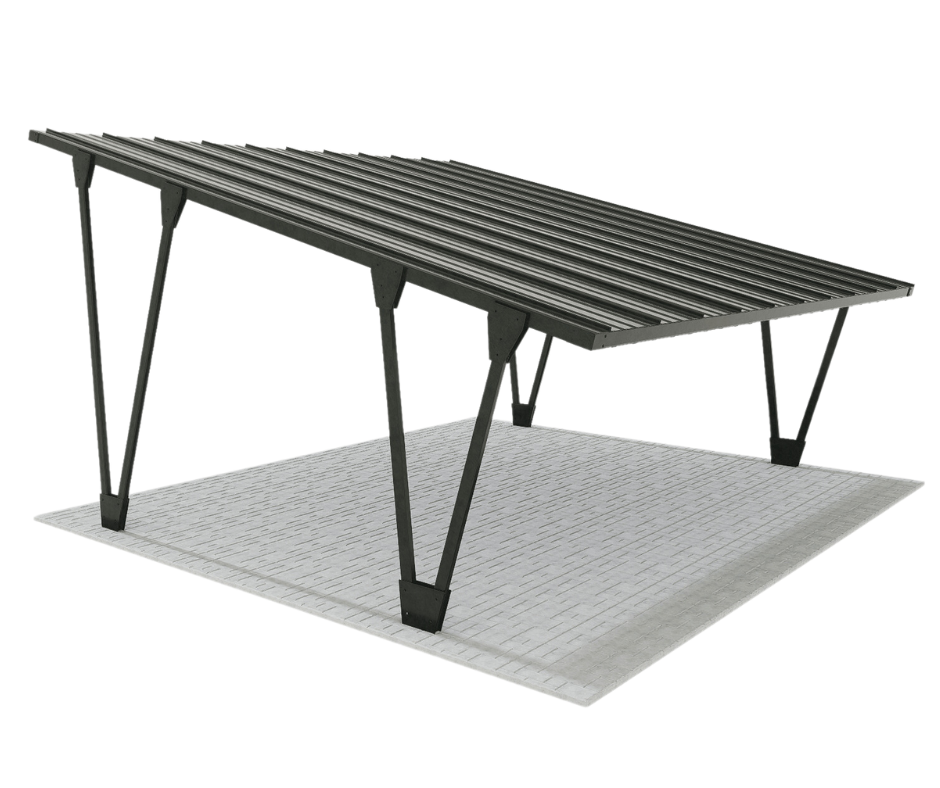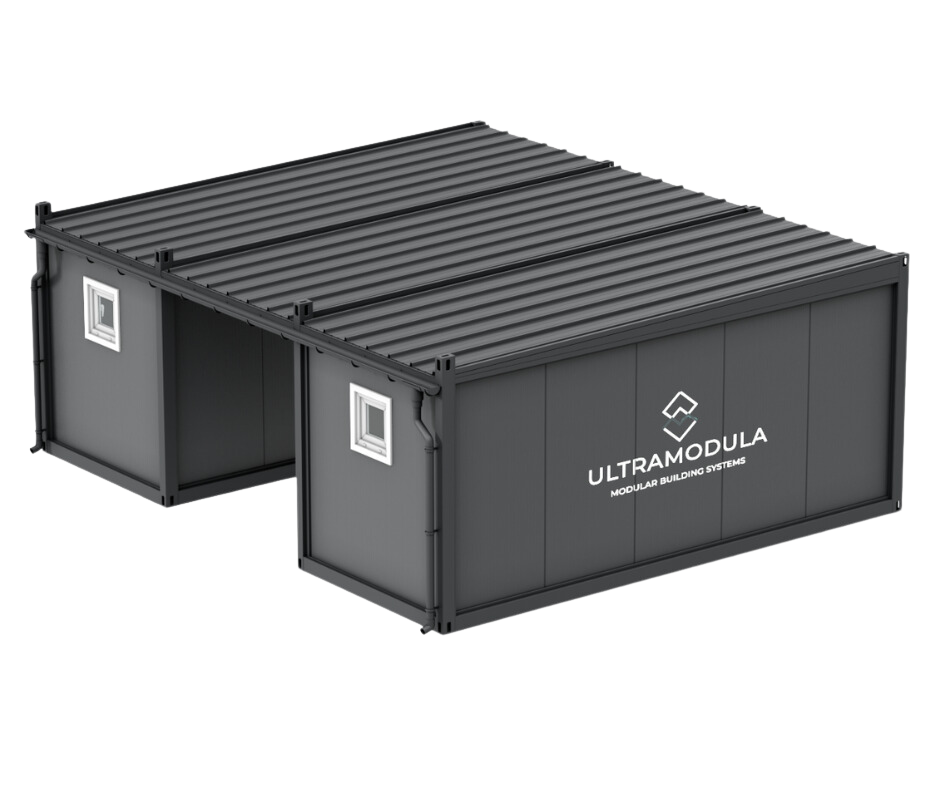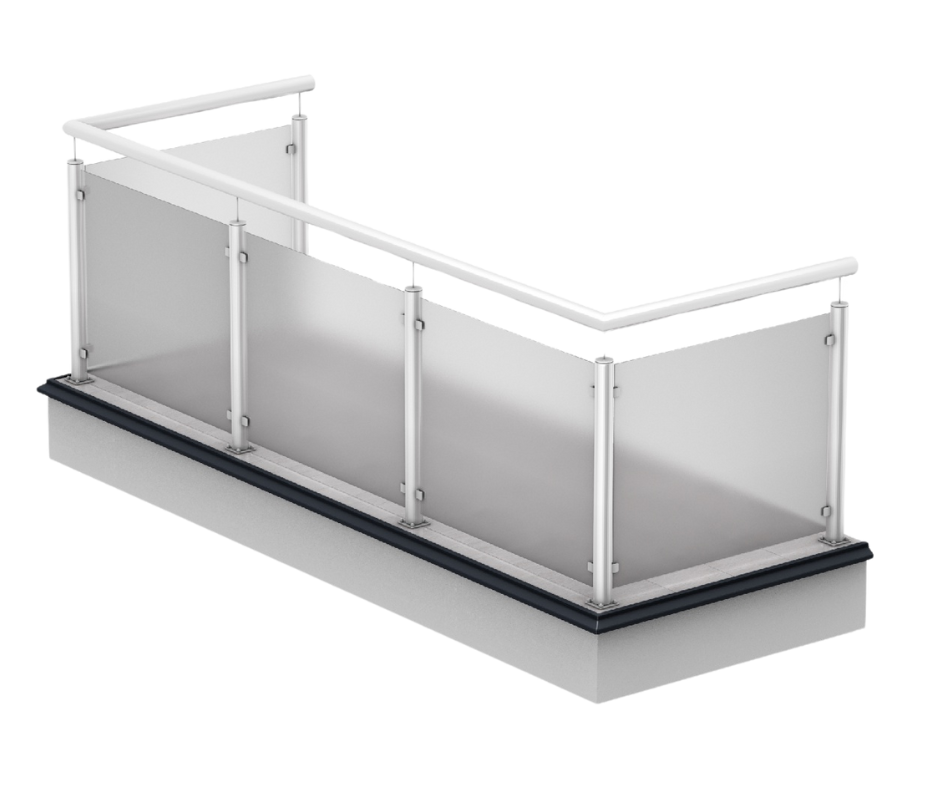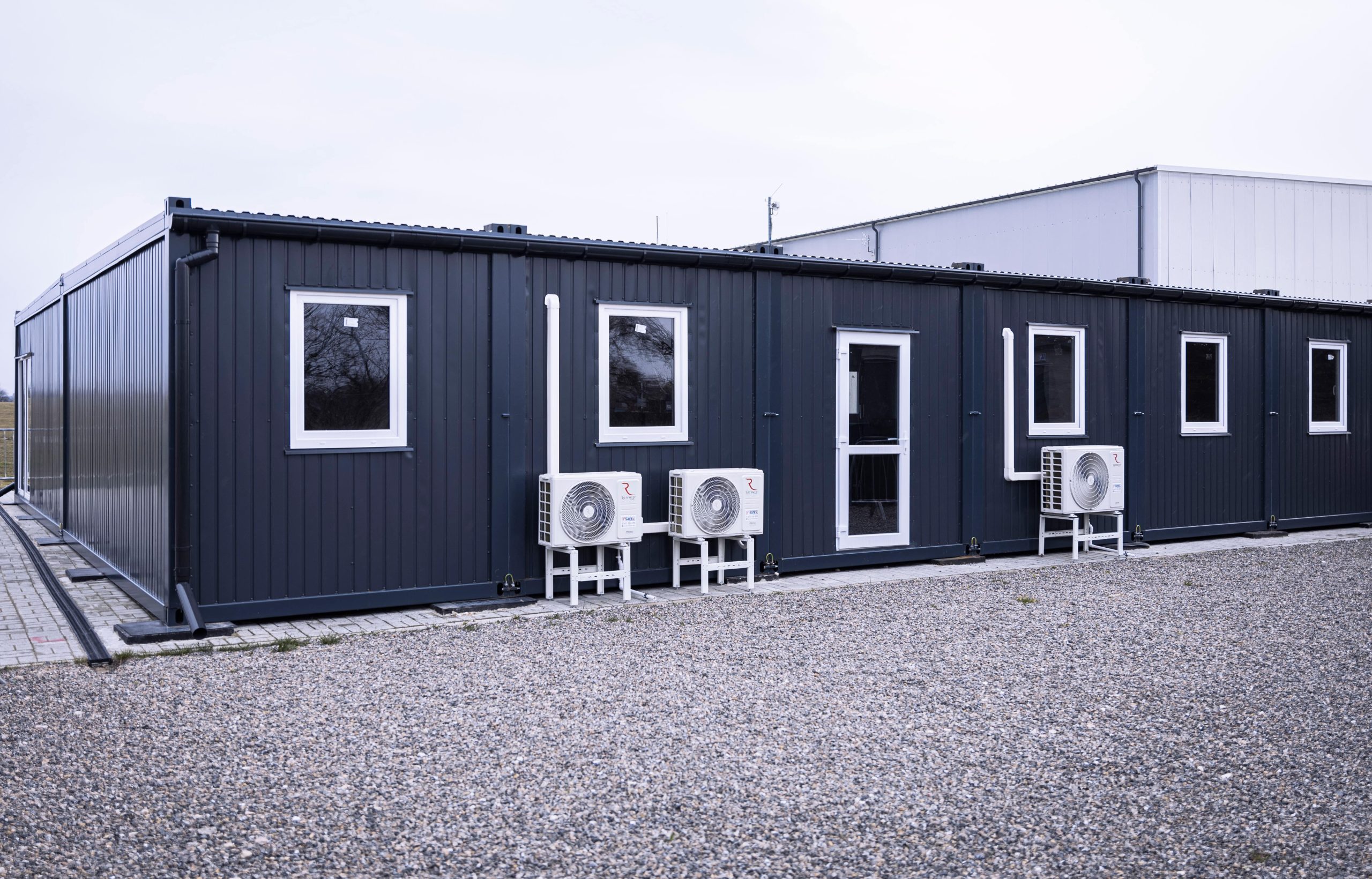Container insulation
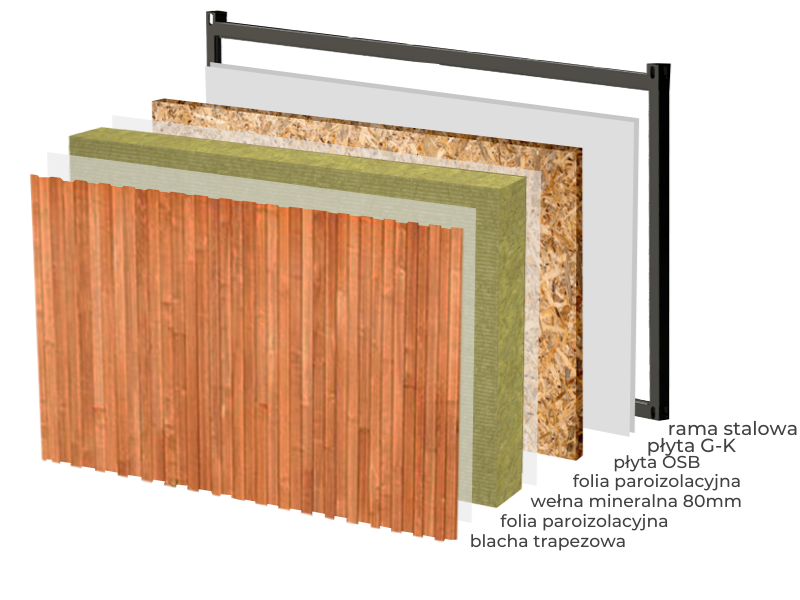
Insulation of walls in house container
Containers, which once served mainly as transport units, now play a significant role as rooms residential, offices and even service points. However, to ensure comfort and energy efficiency in containers, good thermal insulation is crucial. In this article, we will look at a variety of insulation materials and best practices for floor insulation container.
Insulating materials for containers
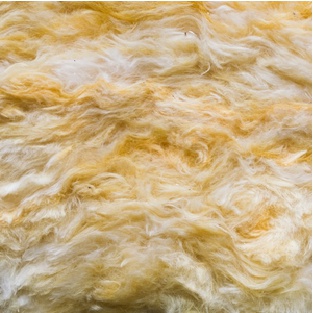
Mineral wool
- Polyurethane foam: This is a popular choice due to its excellent thermal insulation. Polyurethane foam is characterized by high density and minimal heat conduction, which makes it an effective insulation even in limited space.
- Mineral wool: Mineral wool is another frequently used insulating material. It is easy to install and has good acoustic and thermal insulation. Additionally, it is resistant to moisture, which may be important in the case of containers used in various weather conditions.
- Polystyrene foam (styrofoam): Polystyrene foam is an economical insulation solution. While it may not provide as much insulation as polyurethane, it is still an effective choice for containers, especially where costs need to be optimized.
Choosing a floor in a container
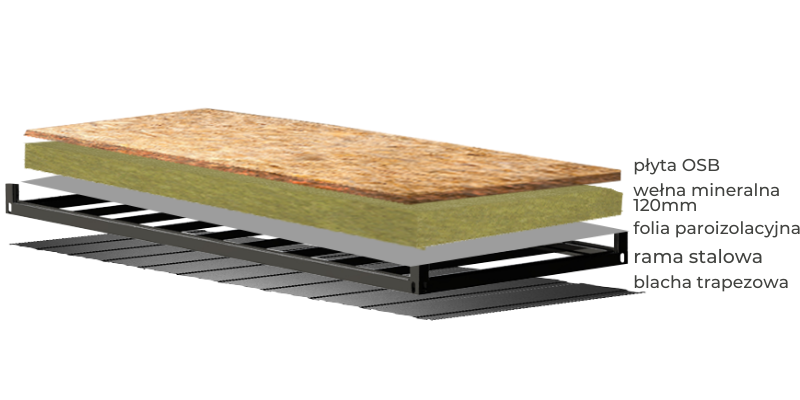
Insulating the floor in container house
Floor in container it must not only be durable, but also resistant to moisture and easy to clean. Here are some popular options:
- Floor made of sandwich panels: Panel flooring is often used in containers. It is made of a layer of wood covered with laminate or other wear-resistant material. It is easy to keep clean and durable.
- Floor made of PVC floor panels: PVC floor panels are waterproof, easy to clean and quite durable. They are also relatively cheap, which makes them a popular choice for containers used as living quarters.
- Wooden floor: Although wood flooring may be less popular due to its greater susceptibility to moisture, it can be used in containers, especially if you plan to use them in dry conditions and monitor the humidity regularly.
The conclusion is that the selection of appropriate insulation and flooring materials is crucial to the comfort and efficiency of containers used as accommodation or office. Good insulation and a solid floor will provide not only protection against temperature changes, but also long-term durability and comfort of use.


